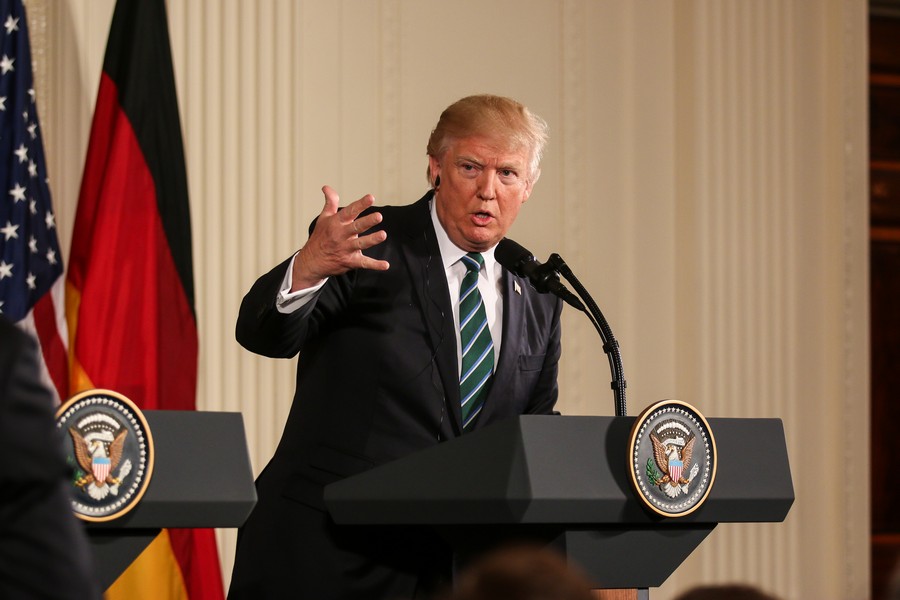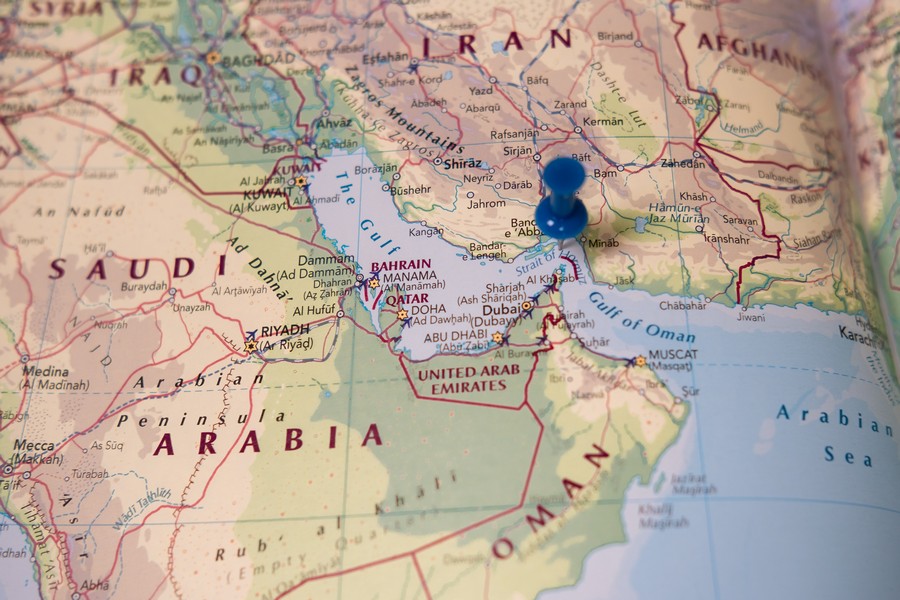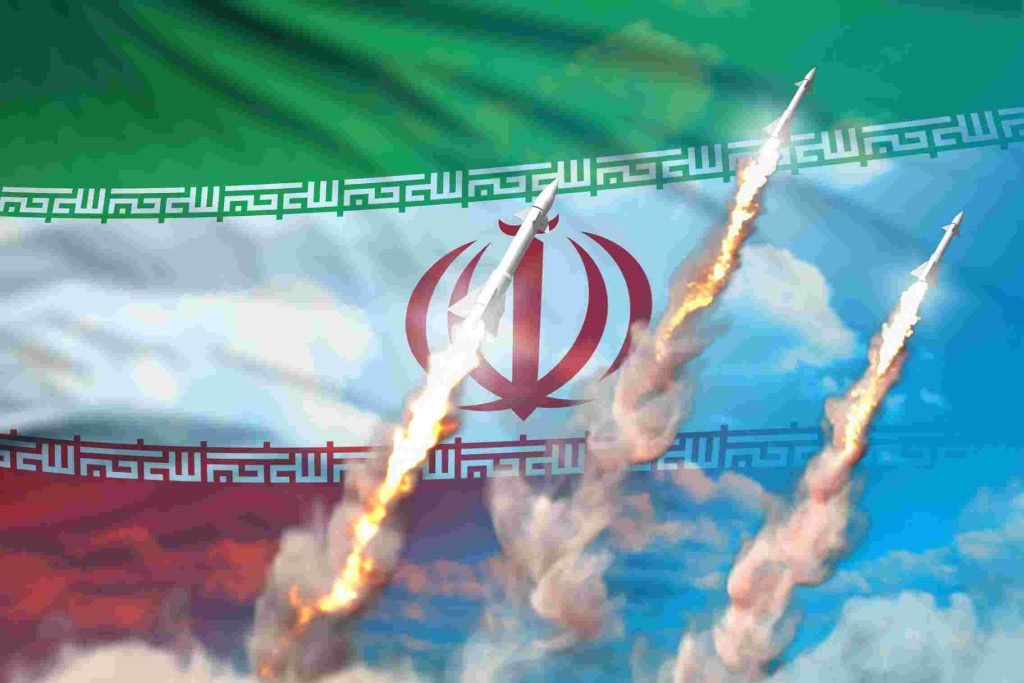Israel’s strike last week against Iran’s nuclear infrastructure and ballistic missile program, as well as President Trump’s bold decision to strike the Fordow, Natanz and Esfahan nuclear sites, has drawn the usual handwringing from parts of the international community, including in Australia.
Critics accuse Israel, and the United States, of destabilising the region and acting outside the bounds of international law. But the facts — and the law — tell a very different story.
First, with respect to Israel’s action, which initiated this campaign last week, it needs to underscored that this was not an act of aggression. It was a lawful and necessary measure against a genocidal regime that has vowed to destroy the world’s only Jewish state — and stood on the cusp of acquiring the means to do so, had Israel not acted.
To understand why, we must begin with a fundamental truth: Israel was already engaged in an ongoing armed conflict with the Islamic Republic of Iran.
The Iranian Supreme Leader Ayatollah Ali Khamenei has called the Jewish state a “cancerous tumour” that “must be eradicated.”
For decades, Iran has been the greatest source of destabilization and instability in the Middle East, while carrying out repeated acts of aggression against Israel through their vast network of terror proxies — from Hezbollah in Lebanon, to Hamas and Palestinian Islamic Jihad in Gaza, to the Houthis in Yemen.
The October 7th massacre — the worst slaughter of Jews since the Holocaust — was carried out by Hamas with Iranian money, weapons, and training.
And in April and October 2024, Iran escalated further, launching direct missile and drone attacks on Israel from its own territory. These were not isolated provocations but ongoing acts of armed conflict.
The reality is that, despite the best efforts of the U.S. Administration, diplomacy had failed.
In the lead-up to Israel’s strike, intelligence showed Iran enriching uranium to near-weapons grade, with capacity to build at least nine warheads. Ayatollah Khamenei himself had directed a covert group of scientists to assemble the components for a nuclear bomb and construct fortified underground facilities to conceal the work.
Then the International Atomic Energy Agency, for the first time in two decades, formally declared Iran in breach of its nuclear non-proliferation obligations.
Iran was now on the precipice of nuclear no return.
Faced with an existential and imminent threat, the Jewish state had no choice but to act before it was too late, as no doubt Australia would have, were it faced with the same threat.
Accordingly, Israel’s actions must be perceived within the bounds of the laws of armed conflict. Once a conflict exists, states may lawfully target enemy military objectives, as defined in the Geneva Conventions and customary international law, provided they observe the principles of distinction, necessity, and proportionality – which they have been in this case.
Iran’s nuclear weapons program, ballistic missile infrastructure and key military officials and scientists leading the nuclear weapons development program, clearly qualify as military objectives. These targets contribute to Iran’s war-making capability, and their neutralization offers a definite military advantage.
And whilst Iran presented an existential threat to the State of Israel, it was also a national security threat to the United States, and the region as a whole.
Just as they chanted ‘Death to Israel’, they chanted ‘Death to America’. They had the blood of hundreds of American forces and civilians on their hands. They closed off shipping routes. They tried to kill President Trump and other U.S. officials. IRGC assassins operated on U.S. soil.
And as President Trump stated in his address to the nation following U.S. strikes, “Our objective was the destruction of Iran’s nuclear enrichment capacity and a stop to the nuclear threat posed by the world’s number one state sponsor of terror.”
To be clear, the President did not require Congressional approval to conduct the military operation.
Under Art. II of the U.S. Constitution, the President as Commander-in-Chief, has authority to use military force to protect the national security and defend U.S. interests. Obama invoked it in taking out bin Laden in 2011 and Biden when U.S. bombed Iranian proxies in Syria in 2021.
The President’s decision to strike Iran is also reinforced under War Powers Resolution Act (1973) and the 2001 Authorization for Use of Military Force (AUMF), as well as the “inherent right of individual or collective self-defence” under Article 51 of the UN Charter.
In striking Iran’s nuclear weapons program, Israel and the United States made the world a safer place. They did it not only in their own defense, but in defense of the free world. Australia should acknowledge this and unequivocally stand with their allies.
Published in Financial Review, June 22, 2025.



